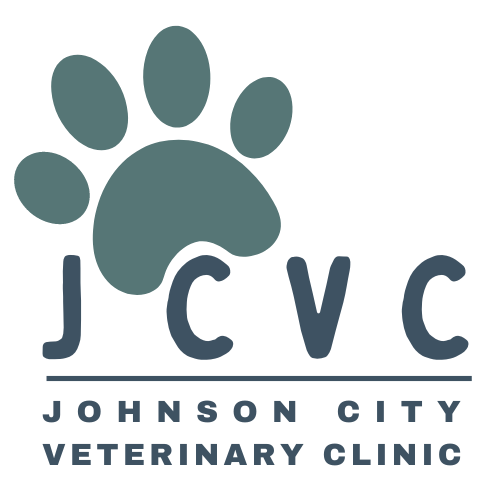
General Surgery
213 Hwy 281 South – Unit C
Johnson City, TX 78636
(830) 225-1095


Our Approach to Pet Surgery
At Johnson City Veterinary Clinic, we understand how important it is when your pet undergoes a surgical procedure. That’s why our team of professionals monitor your pet before, during, and after surgery and take exceptional care to ensure your pet’s health, safety and complete recovery.General Surgery
General surgery is also known as soft tissue surgery. It includes many surgical treatments for illnesses or injuries, including foreign body removal, tumor and mass removal, hernia repair and biopsies. Soft tissue veterinary surgeries focus on procedures involving the skin, muscles, and internal organs (excluding bones and joints).
General surgeries we commonly perform include:
- Reconstructive surgery for severe wounds
- Emergency Surgery
- Gastric dilatation and volvulus (GDV or “bloat”)
- Intestinal obstruction
- Removal of foreign objects or masses from the stomach or intestines
- Septic abdomen
- Ruptured gall bladder
- Uterine infection
- Cesarean section
- Traumatic abdominal and thoracic wounds
- Removal of a damaged portion of the intestine.
- Splenectomy
- Surgical removal of bladder stones or tumors.
- Hernia Repair –
- Correction of umbilical, inguinal, perineal, or diaphragmatic hernias.
- Spay surgery
- Neuter surgery
- C-Section (Cesarean Section)
- Removal of an infected uterus in female pets.
- Brachycephalic Airway
- Surgery (BOAS Surgery) – Corrects airway obstructions in flat-faced breeds.
- Removal of a diseased thyroid gland, commonly for hyperthyroidism in cats.
- Salivary Gland Removal
- Tonsillectomy
- Ear Canal Ablation
- Mass/Lump Removal
- Skin Graft Surgery
- Abscess Drainage
Is Anesthesia Safe for My Pet?
This is probably pet parents’ biggest concern—and it’s totally understandable. While there’s always some risk involved (just like with people), anesthesia is much safer today thanks to advancements in veterinary care. Before any procedure, we’ll do a thorough health check and often run bloodwork to make sure your pet is healthy enough for anesthesia.
We also keep a close eye on your pet throughout the entire process, monitoring things like heart rate, breathing, and blood pressure to ensure everything goes smoothly.

